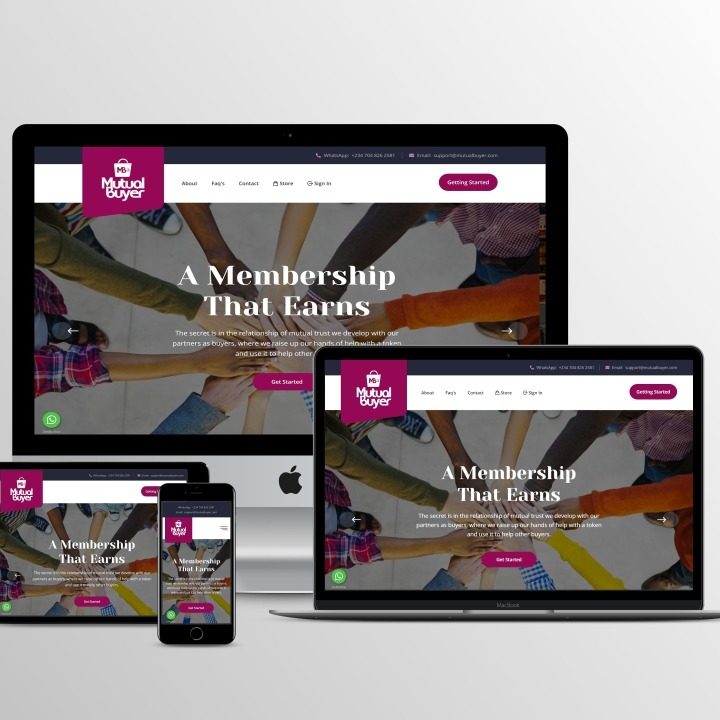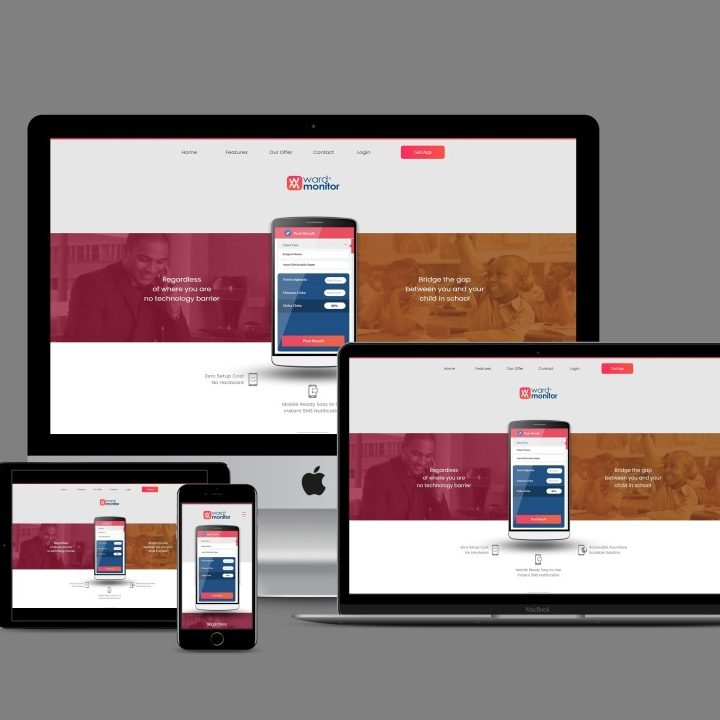Cybersecurity Threats Facing Nigerians in 2025—and How to Stay Safe
Cybersecurity threats refer to the most dangerous and widespread digital risks or attacks that target people, businesses, or governments using technology. These are the most common or impactful ways that cybercriminals attempt to steal money, access private data, disrupt systems or cause damage online.
As more Nigerians use smartphones, bank online, and share information on the internet, the chances of being targeted by cybercriminals increase. Knowing the top cybersecurity threats helps individuals and organizations stay alert and protect themselves.
Here are top cybersecurity threats facing Nigerians in 2025—and how to stay safe:
1. Phishing and Social Engineering Attacks
Phishing scams are evolving, targeting Nigerians through emails, SMS (smishing), and WhatsApp messages pretending to be from trusted sources—banks, NIN/INEC portals, or job offers.
How to Stay Safe:
-
Never click on suspicious links or download attachments from unknown sources.
-
Verify any financial or official communication by calling the organization directly.
-
Use spam filters and keep your email security up to date.
2. Banking and Fintech Fraud
With the rise in mobile banking, USSD, and fintech apps, cybercriminals now exploit fake apps, SIM swaps, and insider fraud to steal funds from users.
How to Stay Safe:
-
Only download apps from official app stores.
-
Enable multi-factor authentication (MFA) on banking apps.
-
Immediately report any suspicious transaction to your bank.
-
Protect your SIM card with a PIN, and be cautious about sharing your BVN.
3. Business Email Compromise (BEC)
Cybercriminals target Nigerian businesses by impersonating executives or vendors to redirect payments or steal data.
How to Stay Safe:
-
Use strong, unique passwords and change them regularly.
-
Implement company-wide email verification protocols.
-
Train employees on identifying fraudulent requests.
4. Cryptocurrency Scams and Wallet Hacks
As crypto adoption rises in Nigeria, fake investment platforms and wallet-hacking malware are rampant.
How to Stay Safe:
-
Use reputable wallets and exchanges with strong security measures.
-
Be skeptical of “too good to be true” investment opportunities.
-
Never share your wallet keys or seed phrases.
5. Ransomware and Malware Infections
Malware, especially ransomware, is increasingly targeting Nigerian institutions—schools, hospitals, and SMEs—locking them out of their systems until payment is made.
How to Stay Safe:
-
Regularly back up important data offline.
-
Keep your software and antivirus up to date.
-
Avoid downloading cracked software or clicking pop-ups.
6. Identity Theft and Data Breaches
Hackers steal personal information (like NIN, BVN, PVC data) and use it for impersonation or fraud.
How to Stay Safe:
-
Limit what you share online, especially on social media.
-
Monitor your accounts for any unusual activity.
-
Be wary of platforms asking for sensitive data without a clear need or privacy policy.
7. Fake Job Offers and Online Scams
Scammers now use professional-looking platforms and job boards to lure Nigerians with fake job opportunities, often requiring “application fees.”
How to Stay Safe:
-
Avoid paying for job applications or training unless verified.
-
Research the company thoroughly before applying or responding.
-
Report scam job postings to relevant authorities.
8. IoT and Smart Device Vulnerabilities
As more Nigerians adopt smart home devices (CCTV, smart TVs, etc.), poor security settings make them vulnerable to hacking.
How to Stay Safe:
-
Change default passwords on all devices.
-
Regularly update firmware.
-
Disable features you don’t use (e.g., remote access).
9. Public Wi-Fi Exploits
Free public Wi-Fi in cafes or airports is often unsecured, making it easy for hackers to intercept data.
How to Stay Safe:
-
Avoid accessing banking or sensitive accounts on public Wi-Fi.
-
Use a VPN when connecting to untrusted networks.
-
Log out of accounts after use.
10. AI-Powered Scams and Deepfakes
Scammers are now using AI to mimic voices, generate fake videos, or automate scams at scale, making them harder to detect.
How to Stay Safe:
-
Confirm voice/video requests for money or sensitive info using a separate method.
-
Stay updated on emerging scam tactics.
-
Trust your instincts—if something feels off, it probably is.
Additional Tips for Staying Cyber-Safe in 2025:
-
Use two-factor authentication (2FA) everywhere possible.
-
Keep all your devices updated with the latest security patches.
-
Educate family and friends—cybersecurity is everyone’s responsibility.
-
Report any scam or attack to Nigerian authorities like NITDA, EFCC, or the NCC.
Did you know that you can become a cybersecurity professional. GreenWare Tech Academy offers a cybersecurity course. You can find more information and potentially enroll in the course here.







